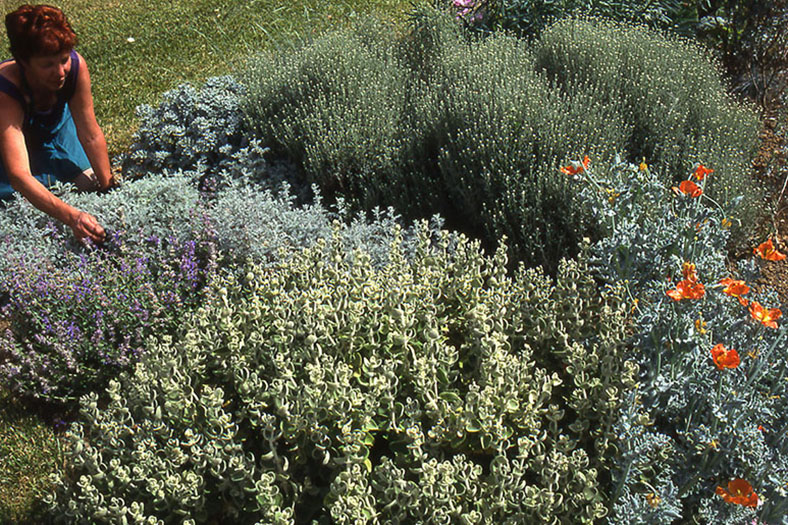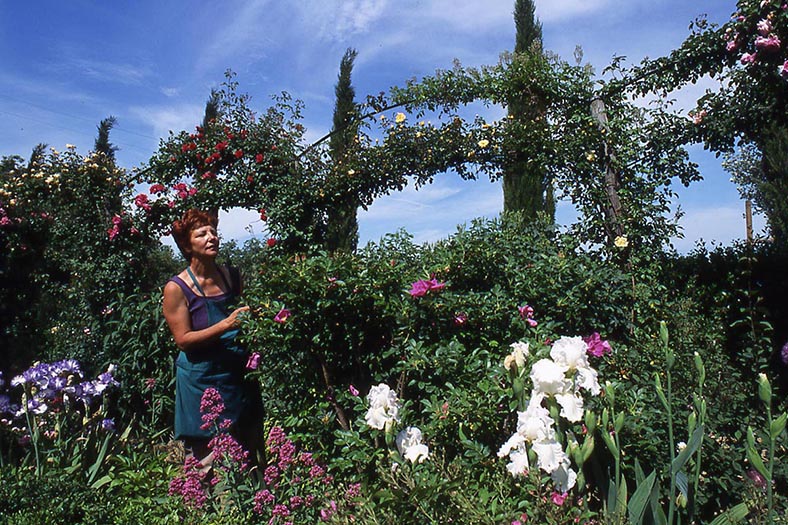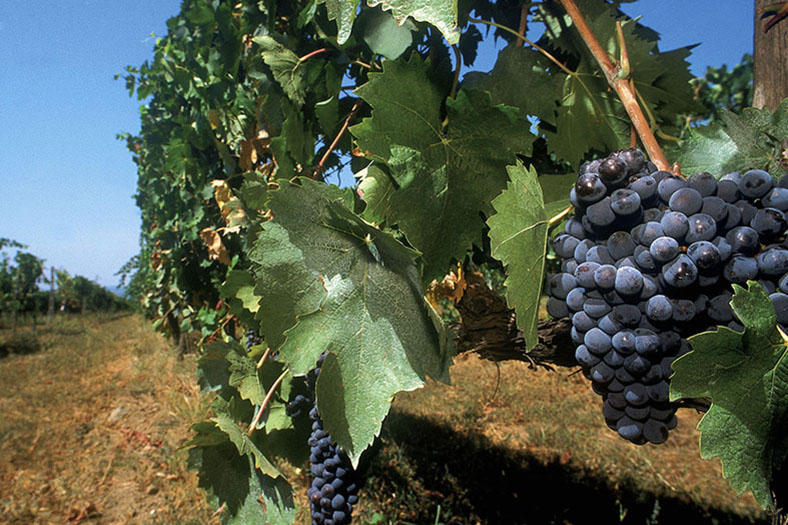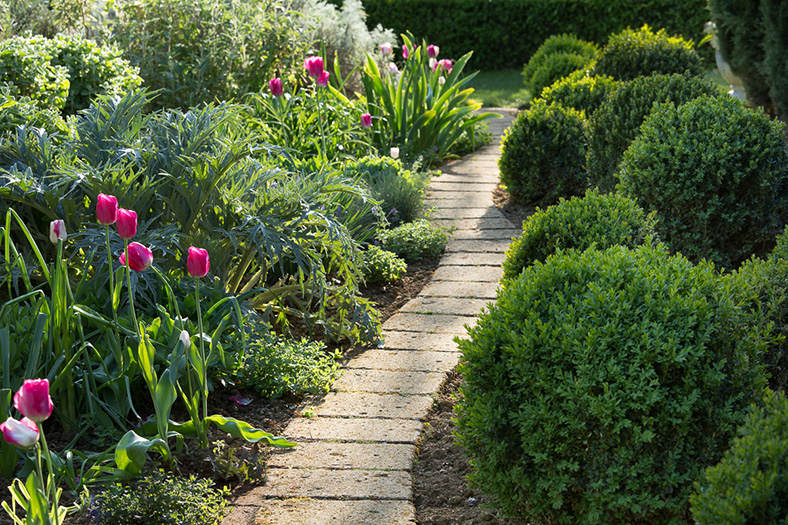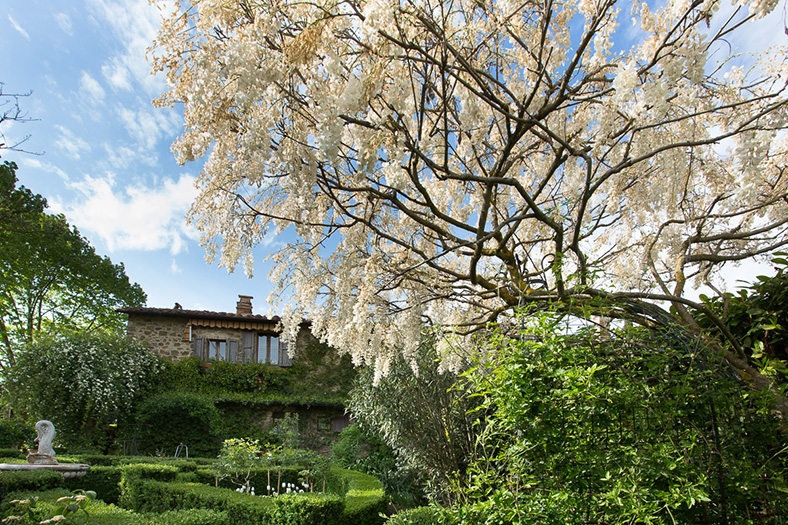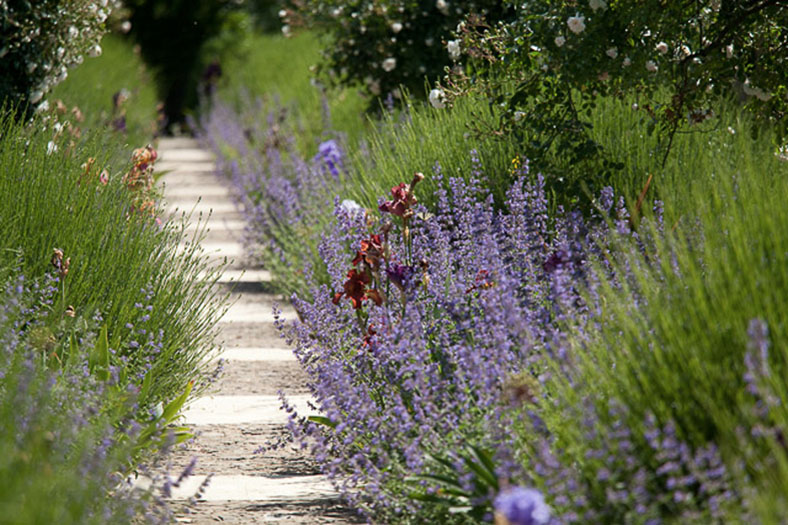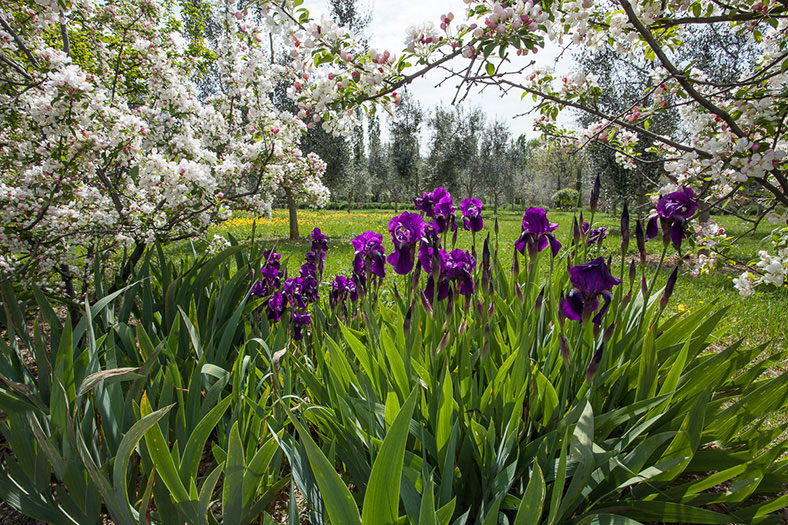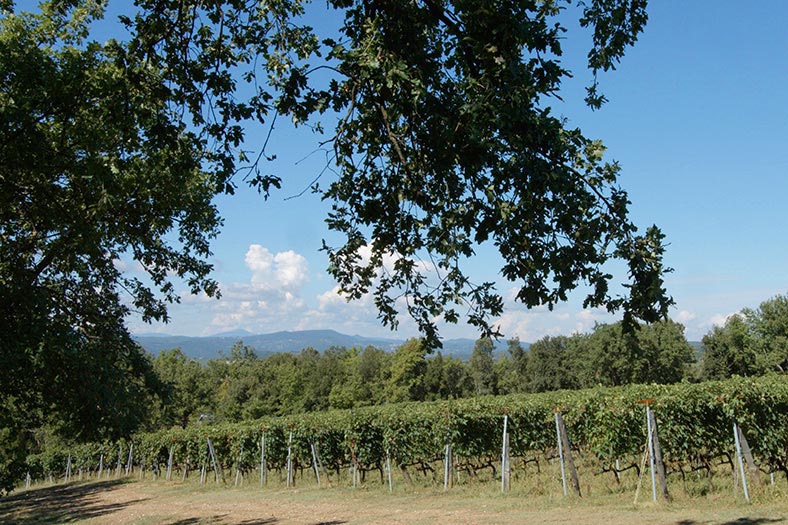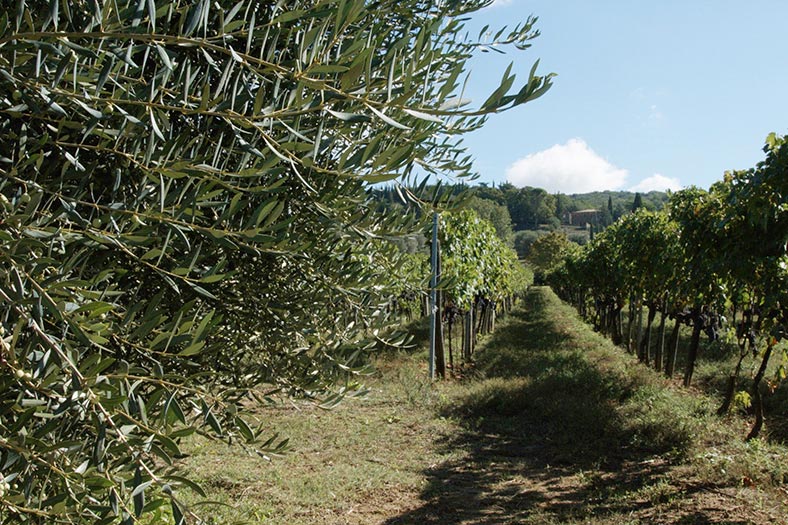
NATURAL VINEGROWING AND WINEMAKING AT SOLDERA CASE BASSE
Gianfranco Soldera’s natural winegrowing project is based on a fundamental principle: to produce a fine wine it is necessary to look after not only the vines, but also the surrounding environment.
Natural vinegrowing requires a complex ecosystem, made up of other plants, insects and animals. Man’s intervention alone is not enough and it certainly doesn’t help if he means to exploit the soil and crops without care.
The best contribution man can make to winegrowing is to heed farming culture and knowledge and to solve problems through the study and application of techniques that scientific and technological innovation have put at his disposal.
Natural farming and manual harvest
At Case Basse the vineyards are planted in a complex ecosystem, made up of a wide variety of other plants, animals and insects.
An environment with such biodiversity keeps the vines healthy and provides antagonists for the potentially harmful problems and diseases within that environment.
The contribution of the natural environment is fundamental: in fact, at Case Base weedkillers or other chemical products are never used, the soil is only fertilised with organic substances and the vine rows are worked by hand.
The size of the vineyards is limited (to a total of 10 hectares), so that the plants can be worked by hand and the harvest, which is also manual, can be done in a short time.
The grapes are selected firstly in the vineyard and then again in the cellar, so that only healthy ripe grapes are destemmed and the berries remain intact. Finally, the berries are rigorously selected one by one, to check their quality.
The Case Basse ecosystem
The natural environment that grows and thrives in and around the vineyards is crucial for guaranteeing the quality of Soldera wine: it is what the winery calls “the Case Basse ecosystem”.
Gianfranco and Graziella renovated abandoned buildings on the estate and restored them to their original Tuscan farmhouse architecture, made up of dry-stone walls where swallows, robins and small mammals, such as squirrels, find refuge, as well as many insects.
Aware of the importance of the environment the vines grow in, they encourage birds and other animals to settle, thanks to the installation of artificial nests. They have also installed beehives to help the bees carry out their precious work among the vine rows. They grow fruit trees, berry bushes and pomegranates to guarantee birds and insects food during autumn and winter.
If Sangiovese vines thrive here, it is also thanks to these creatures.
In order to safeguard a precious ecosystem with a delicate balance, they also tend some old olive trees, which have been on the estate since they were planted in the 1970s. Then there are eight hectares of woods on the property, where majestic centuries-old oaks are to be found.
To contribute to the biodiversity in the area and to indulge her own personal passion, Graziella Soldera created a botanical garden of extraordinary beauty.
Tradition, technology, research
Farming experience from the past teaches us how to follow the rhythms of nature and to develop an instinct for its processes.
Research and technology are integrated into tradition, subjecting natural processes to verification, research and experimentation.
Right from the start, Gianfranco Soldera always promoted studies and research linked to the Sangiovese grape and, in 2010, he set up an award to help finance young people who carry out research on this variety.


